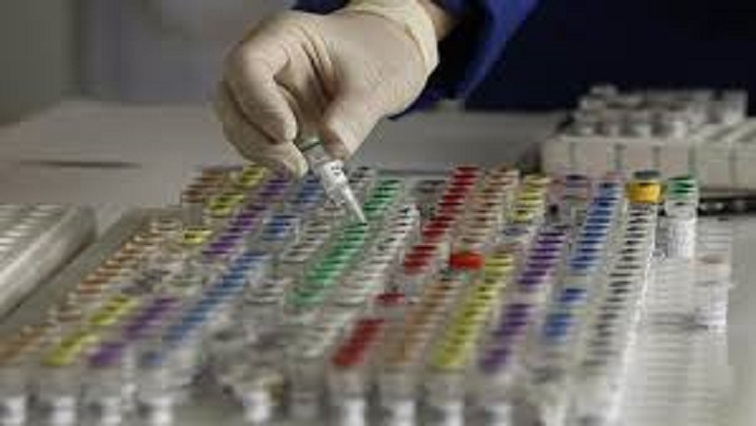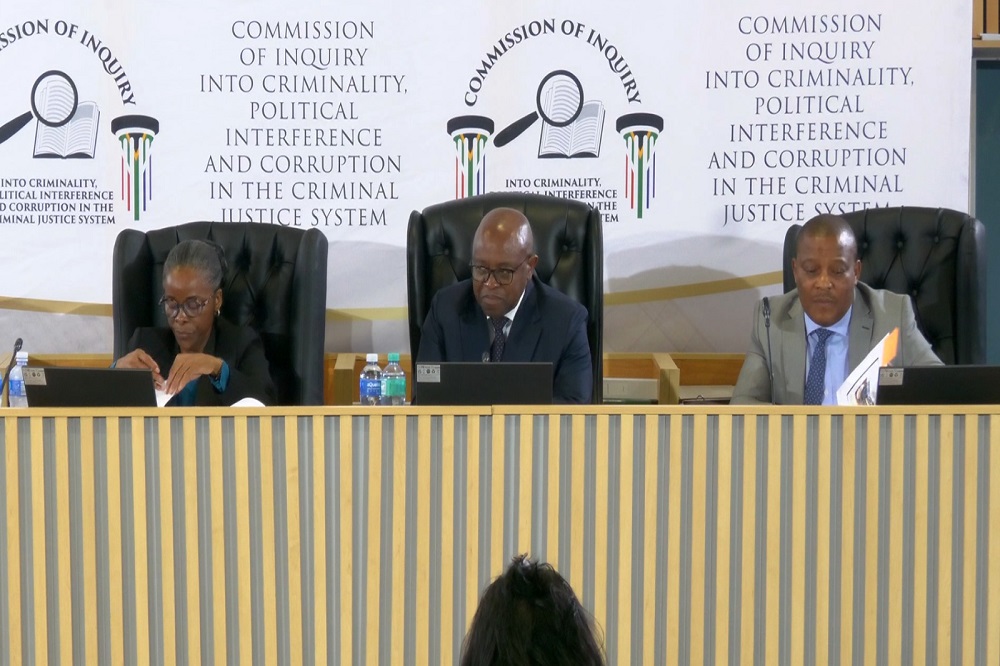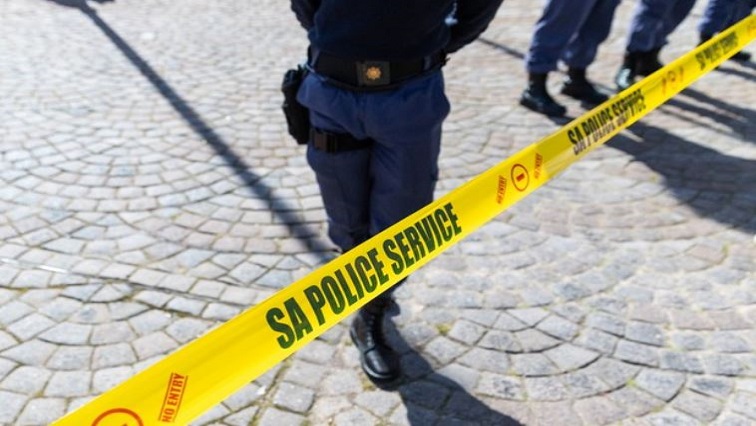-
DNA samples.
The South African Police Service has welcomed the Portfolio Committee’s recommendation that its forensic laboratories be audited and investigated. This comes after it was revealed that the police forensic unit has a DNA backlog of at least 140 000 cases.
Currently, the country has only three operational forensic science laboratories – in Gauteng, the Western Cape and the Eastern Cape – leaving other provinces with no option but to rely on them.
And South Africans are desperate for justice.
Justice delayed
It has been a year since Zibi Visagie’s 17-year-old daughter was killed. Since then, the family has been in and out of the Cullinan Magistrate’s Court trying to get justice. The still-grieving mother says the outstanding DNA test results are delaying their quest for closure.
“This does not sit well with me. These people are failing us. It is not nice to go to court only for the case to keep getting postponed. I do not even know who to blame. Maybe the forensics do not take us seriously and do not feel our pain.”
Visagie fears that the delayed results could lead to her daughter’s alleged killers walking free.
“Does it mean that my daughter’s killers will roam the streets because DNA results are being delayed? What will happen now if I take the law into my own hands? I cannot be happy if my child’s killer stays a year in prison and is released because the DNA test results are delayed. My daughter was killed like a dog.”
‘Injustice’
The Commission for Gender Equality believes the DNA backlog is an injustice to victims of violence. Spokesperson Javu Baloyi says police need to do right by them.
“If we want to end the scourge of GBV and femicide in our country, sexual harassment and all its related atrocities, the SAPS must come on board and do what they are supposed to do and ensure that the backlog, with accuracy and efficiency in the results, is addressed.”
The Chairperson of Parliament’s Portfolio Committee on Police, Ian Cameron, is calling for accountability.
“I think it is important that investigations be done regarding potential corruption. The reason I say this is that it doesn’t add up that we keep moving back to this type of crisis. We have now written to the ag to ask for an investigation, they have confirmed receipt, and I think we will meet with them soon, regarding such an audit being done in forensic services.”
Police insist that the DNA backlog is not affecting court cases. However, Head of Forensic Science Lab, Tshilidzi Mulaudzi, says there are already plans to remedy the crisis.
“From the 144 cases, 107 that are not court-bound but we need to load them for intelligence purposes, those cases are for 2024, we don’t have anything that is way beyond 2024. It is just that in this financial year we received 107 000 more than in any other financial year and our system couldn’t cope, but we are already having interventions where we are working different shifts so that we can see how far we can go.”
With the flood-damaged KwaZulu-Natal forensic laboratory still not functioning since 2016 – Gauteng will continue to bear the burden, leading to fears that backlogs will continue to be a reality.











